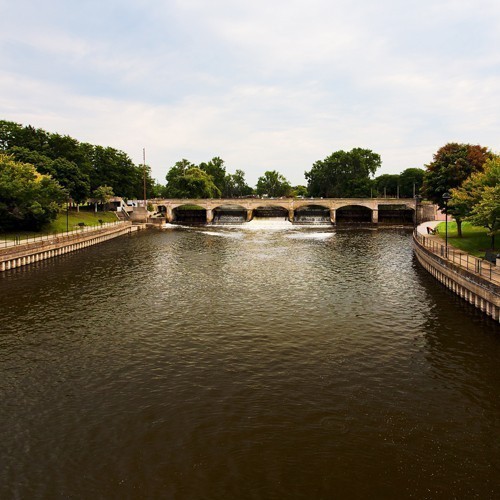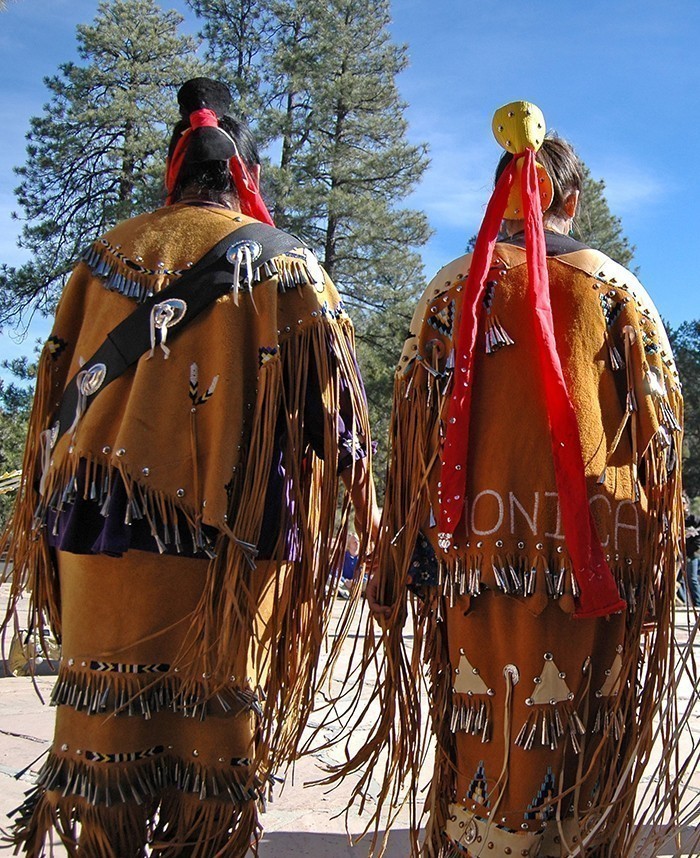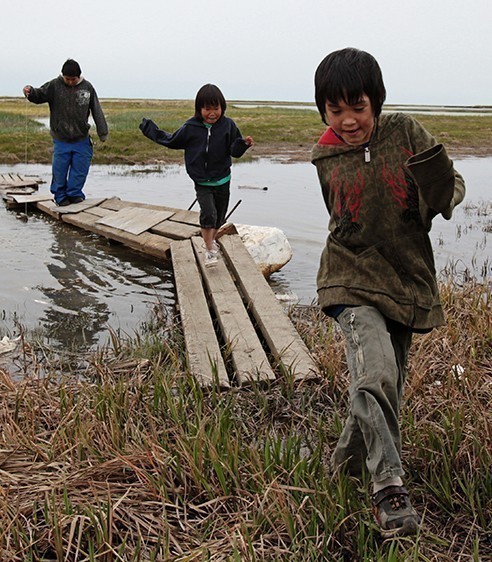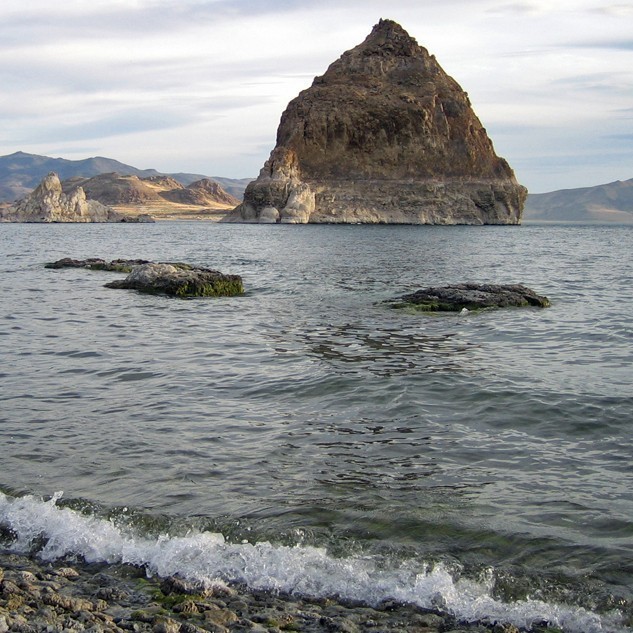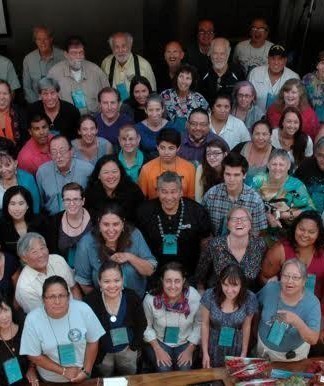The Rising Voices
Building Bridges Between Scientific and Indigenous Communities
By Heather Lazrus, Bob Gough, and Julie Maldonado
The Rising Voices program is premised on the belief that indigenous people make valuable contributions to mitigating the causes of climate change and adapting to its impacts. To encourage this understanding and collaborations between indigenous and scientific communities, Rising Voices has created a list of recommendations for tribal, state, national, and international policy makers that was distributed among participants of COP21 in 2015.
Read More...
